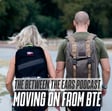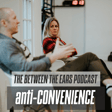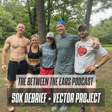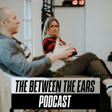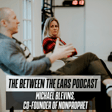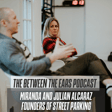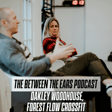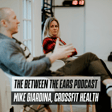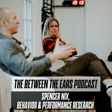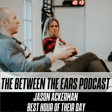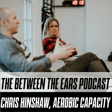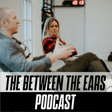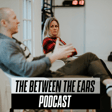
Karl Steadman, CrossFit OG, Flowmaster, Affiliate Liason
If there was ever a CrossFit OG, Karl Steadman is it. Karl discovered CrossFit in 2003 and was immediately drawn to its counter-culture 'alternative' approach to not fitness but more importantly, a 'career' path. With curiosity and novelty driving his pursuits, Karl has dedicated his professional life to sharing the impacts of CrossFit with others. He has been an affiliate owner, has delivered over 400 CrossFit seminars, and now is the UK affiliate liaison for CrossFit HQ. In this episode we hear about his experience with the Dose, his relationship to 'doing hard things', and how he navigates fitness today. With 20 years under his belt, Karl continues to evolve and shares what 'getting better' looks like for him.
Karl is on Instagram @KarlSteadman
Want to do the DØSE workout Karl shares his experience with?! Head to btwntheears.com for your FREE DØSE.
Please subscribe, review, and share if you find this valuable.
If you'd like to support the show financially, please consider these options:
1. Sign up for DØSE for only $9.99/mo or $99/year
2. Buy a t-shirt and rep BTE!
